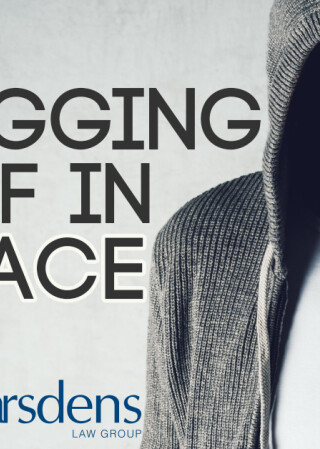Your digital content is an extension of both your life and your personality. Whether it’s your emails, your music playlists, stream account, online cooking or fitness blogs, podcasts, Facebook wall, Instagram feed.
Separately, perhaps, these appear too trivial to bother detailing in your succession plan. Together however, these digital fragments constitute more of people’s estates than you may think. Although not many people have considered their digital Estate, there are several reasons to begin considering what will become of, and who will deal with, your digital Estate.
"This situation of digital estates requires proactive
steps to leave your digital legacy in capable hands"
The sentiment of passing down photographs or keepsakes has not been lost, but merely converted in this digital era. Nowadays, people’s computers, smartphones and tablet devices are more than just a gateway to the Internet – now they are a storage facility for your digital and online content – memories of your life. Photos, videos, blog and online journal posts, email messages, cloud storage, tweets, podcasts: all forming part of your cyber footprint.
Although these aren’t just worth considering for purely sentimental reasons - digital assets such as your PayPal or eBay accounts, perhaps your online businesses, your website, as well as some social media pages that generate income – all these form part of your financial portfolio, and a lot of the time these are accompanied by intellectual property such as Registered Trademarks.
Even purely from a privacy standpoint, it is increasingly important to consider how to manage and preserve your digital assets, due to the rapid evolvement of technological changes within the digital world: it is easier now than ever to have an account hacked and misused, which adds only to the stress and grief of dealing with an Estate.
This situation of digital estates requires proactive steps to leave your digital legacy in capable hands - to erase sensitive information and deactivate accounts, to ensure the safety of your accounts, and to deal with assets like online businesses, as well as having the clarity of who is entitled to your digital content.
We encourage you to take some practical initial steps – identify your digital assets. Have your usernames and passwords written down, and in a secure location (keep passwords and usernames separate, if concerned for privacy), have the details for your online banking account kept in a secure location. Choose someone you trust to act as a “digital executor”, and let others know who that is. Think about how things should be handled – do you want someone to memorialise your Facebook page, allowing comments and photos, or would you prefer to deactivate it? Who gets your playlists? What would you like to happen to your blog? What will become of your Ebay store? These may seem like silly questions, but as our online and digital presence grows, so should our awareness of our digital property, and how it fits with our Estates.
For more information on the above article contact Krystle Wolthers on kwolthers@marsdens.net.au or David Hogan on dhogan@marsdens.net.au or call 4626 5077 to talk to one of our Estate Planning Solicitors.
The contents of this publication are for reference purposes only. This publication does not constitute legal advice and should not be relied upon as legal advice. Specific legal advice should always be sought separately before taking any action based on this publication.


